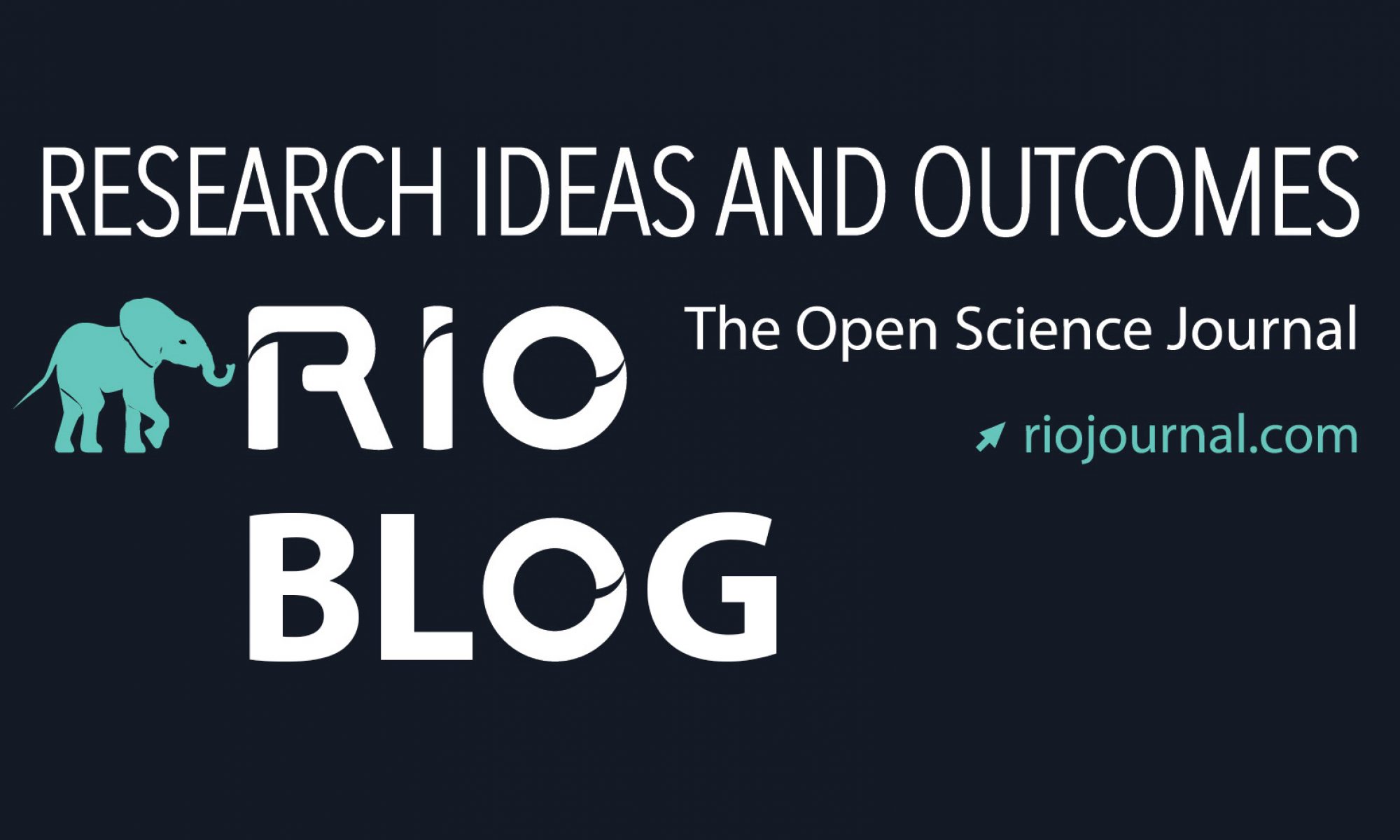Having received a number of requests to further clarify our peer review process, we hereby provide a concise summary of the four author- and journal-organised peer review stages applicable to all research article publications submitted to RIO.
Stage 1: Author-organised pre-submission review
Optional. This review process can take place in the ARPHA Writing Tool (AWT) during the authoring process BEFORE the manuscript is submitted to the journal. It works much like discussion of a manuscript within an institutional department, akin to soliciting comments and changes on a collaborate Google Doc file. The author can invite reviewers via the “+Reviewers” button located on the upper horizontal bar of the AWT. Then, the author(s) and the reviewers are able to work together in the ARPHA online environment through an inline comment/reply interface. The reviewers are then expected to submit a concise evaluation form and a final statement.
The pre-submission review is not mandatory, but we strongly encourage it. Pre-submission reviews will be published along with the article and will bear a DOI and citation details. Articles reviewed before submission are labelled “Reviewed” when published. Manuscripts that have not been peer-reviewed before submission can be published on the basis of in-house editorial and technical checks, and will be labelled “Reviewable”.
If there is no pre-submission review, the authors have to provide a public statement explaining why they do not have, or need a pre-submission review for this work (e.g. a manuscript has been previously reviewed; a grant proposal has already been accepted for funding, etc.).
Stage 2: Pre-submission technical and editorial check with in-house editors or relevant members of RIO’s editorial board
Mandatory. Provided by the journal’s editorial office within the ARPHA Writing Tool when a manuscript is submitted to the journal. If necessary, it can take several rounds, until the manuscript is improved to the level appropriate for direct submission and publication in the journal. This stage ensures format compliance with RIO’s requirements, as well as relevant funding-body and discipline-specific requirements.
Stage 3: Community-sourced post-publication peer review
Continuously available. All articles published in RIO are available for post-publication review, regardless of them being subject to a pre-submission review or not, or their review status (Reviewable, Reviewed, or RIO-validated). The author may decide to publish a revised version of an article anytime based on feedback received from the community. Putatively, even years after publication of the original work our system allows a review to be published alongside the paper.
Stage 4: Journal-organized post-publication peer review
Optional. If the author(s) request it, the journal can additionally organize a formal peer review from discipline-specific researchers in a timely manner. Authors may suggest reviewers during the submission process, but RIO may not necessarily invite suggested reviewers.
Once an editor and reviewers are invited by the journal, the review process happens much like the conventional peer review in many other journals, but is entirely open and transparent. It is also subject to a small additional fee, in order to cover the management of this process. When this review stage is successfully completed and the editors have decided to validate the article, the revised article version is labelled “RIO-validated”.

